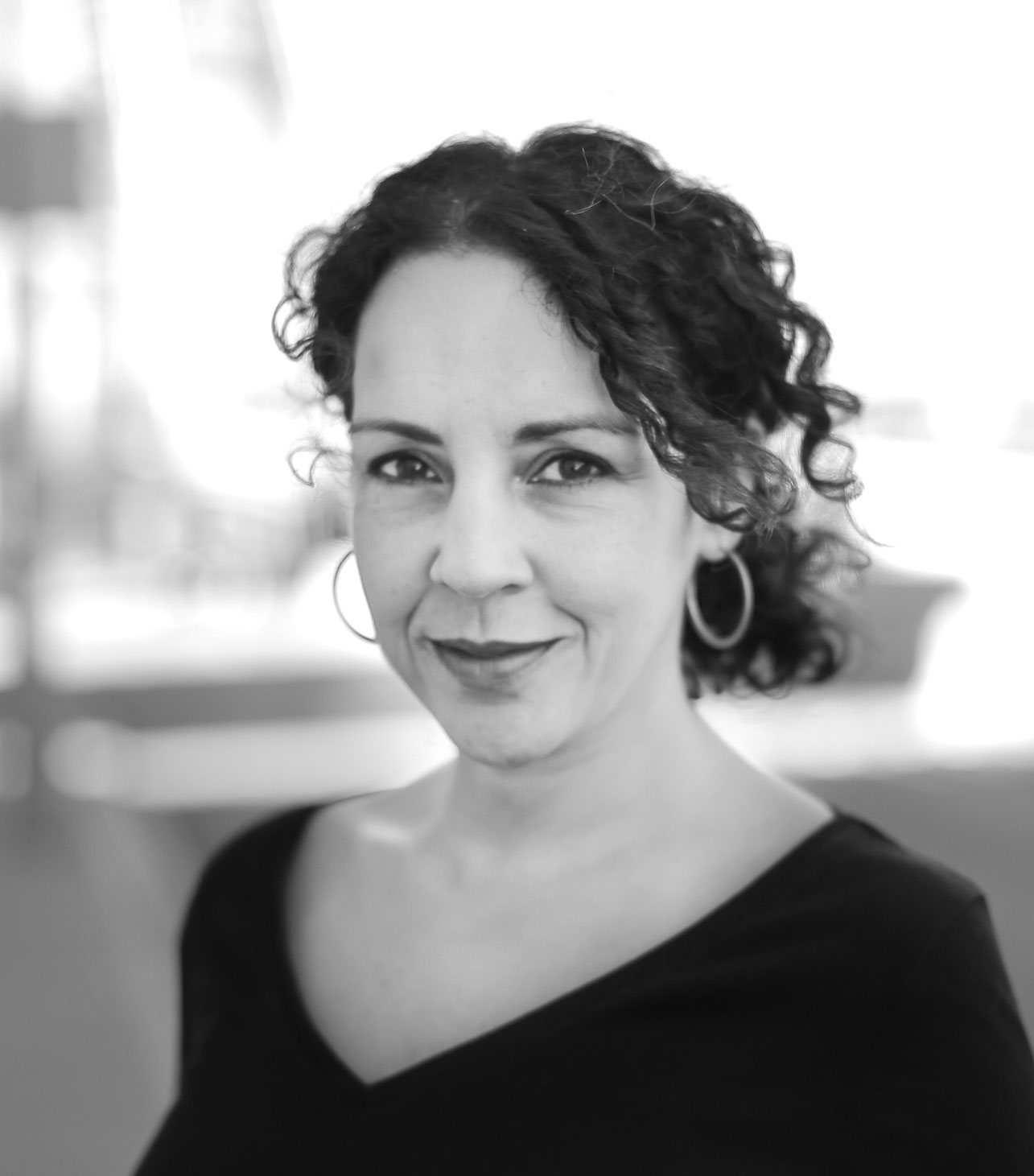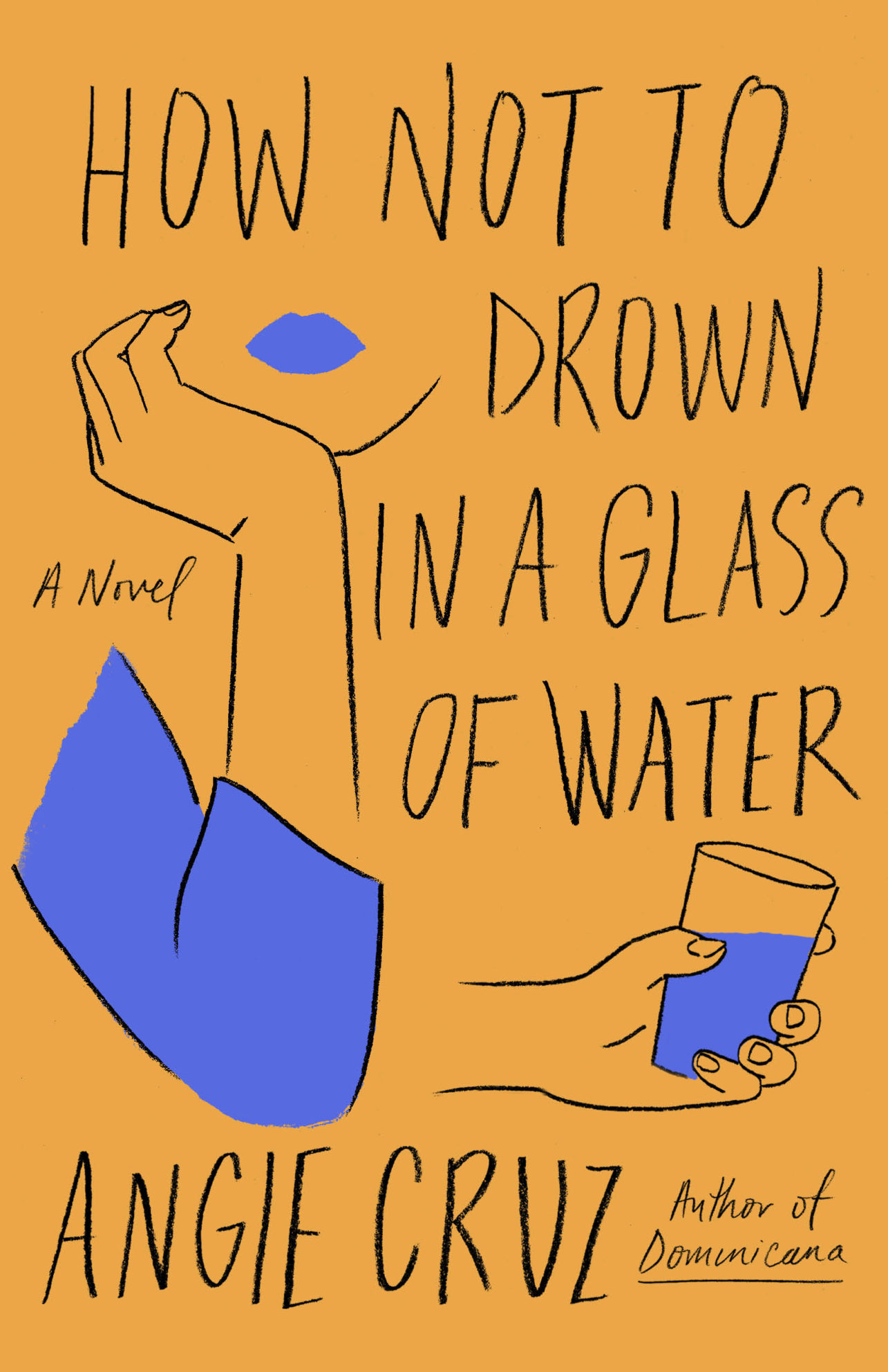LITERARY STAR ANGIE CRUZ ’94 DISCUSSES HER NEW NOVEL
Angie Cruz’s acclaimed fourth novel, How Not to Drown in a Glass of Water (Flatiron Books, 2022), is narrated by Cara Romero, a 56-year-old Dominican woman who lives in Washington Heights and was downsized from her factory job during the Great Recession. “Write this down,” she tells an employment counselor, “Cara Romero wants to work.” Cruz chatted with us about the novel, her career, and how studying fashion helped her writing.

How did you create your protagonist, Cara Romero?
In 2017, I was on a New York subway platform on my way to visit my mother. I was having a hard time selling my last novel, Dominicana—in the end, it took four years. Trump was president, and I was full of despair and considering a career change. I thought I might do more good as an immigration lawyer. I was thinking of all the women in my family who worked in factories, and suddenly Cara Romero just appeared and spoke to me, and I listened to her. I did the first draft of the book on my phone.
What does the title mean?
There’s a saying in Spanish, “Don’t drown in a glass of water,” which means, essentially, “Don’t make a mountain out of a molehill.” I thought it was a good way of referring to this character, who has such a distinctive way of speaking and telling stories—and of how, in the course of the book, she gets to the other side of things.

What’s your writing process like?
I did many drafts. A lot of young writers are afraid to revise, but as a Fashion Design major, I actually received a lot of training in revision. One professor made us do 100 different sketches for a single outfit, and when we were done, she said, “This is the beginning of the design process.” Revision is about digging in and seeing all the possibilities.
How did you pivot from fashion to fiction writing?
It’s all interconnected; I have a deep love for art and design. I put myself through FIT by working as an assistant manager and window designer for a cashmere store on Madison Avenue. But from a young age, I was always told I was a good storyteller, and eventually I got an MFA in fiction writing. Since 2013, I’ve taught writing at the University of Pittsburgh. I tell my students, “You never know how the thing you’re doing now will affect what you’ll do in the future.”